Measure what matters most.
Measurements of success frameworks, key performance indicators, and metrics play an important role in driving outcomes. What we choose to measure truly matters. Pick the wrong ones and you run the risk of measuring meaningless indicators or driving unintended behaviours and results.
As human beings, we cannot help but adjust our behaviour based on how we are measured. That’s why it’s critical that your framework is aligned with the outcomes that matter most to your organisation and stakeholders.
Trusted by
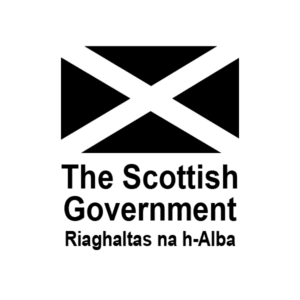
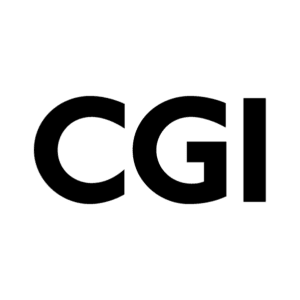




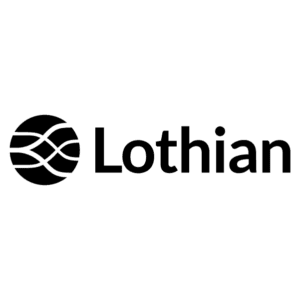
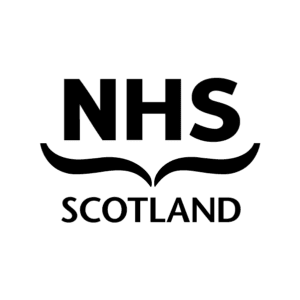

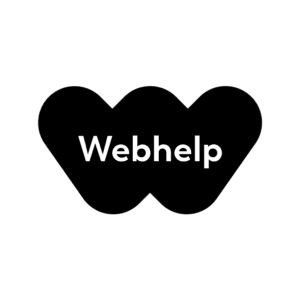
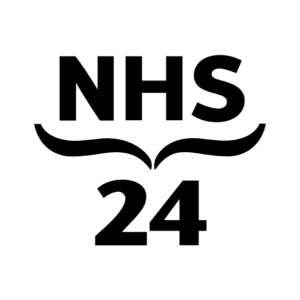

What are measurements of success frameworks and KPIs?
A measurement of success framework should define quantifiable indicators that demonstrate how well an organisation, team, product, service or even a feature is performing against critical business objectives. They should provide any stakeholder with a clear understanding of how something will be measured and what is needed in order to properly track success factors.
Measurements of success frameworks consist of:
- Metrics: a quantifiable measure
- Key performance indicators (KPIs): a metric that is aligned to a critical need, objective, or outcome.
Identifying and monitoring meaningful metrics and key performance indicators can be challenging. But when constructed effectively, a measurement of success framework should structure thinking, incentivise optimal behaviour, and maintain a focus on the outcomes that matter most.
Selecting the right KPIs and setting up robust approaches to tracking these is a process that is unique to each organisation. And as things change, so should your measurements of success. Therefore, all good measurement frameworks should be periodically reviewed and adjusted.
Over the past 10 years, we’ve helped companies define a broad range of strategic and operational KPIs across the following functions:
- Strategic
- Financial
- Customer experience
- SaaS
- Process/Operational
- Change
- Marketing
- IT
- Sales
- HR
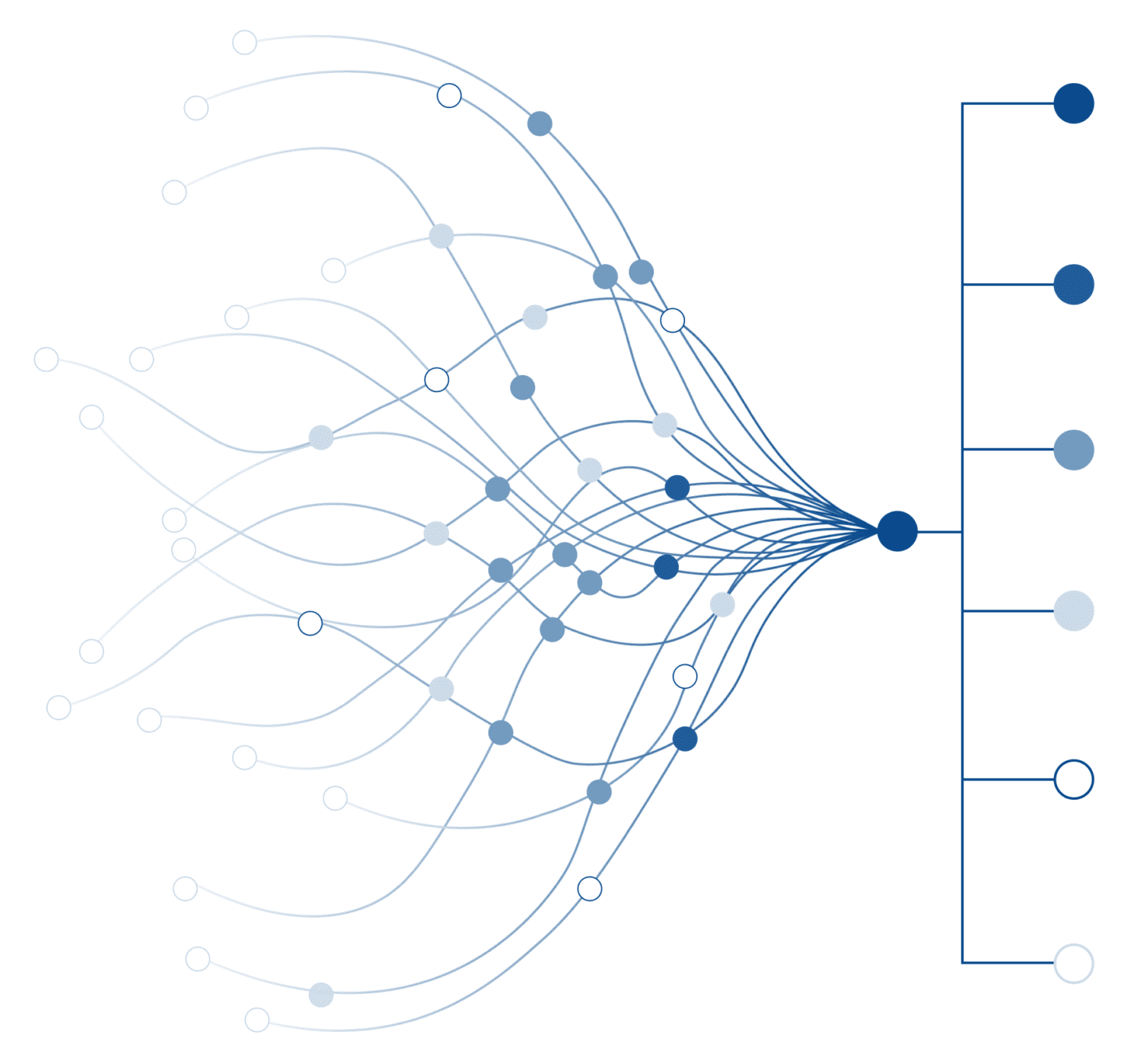
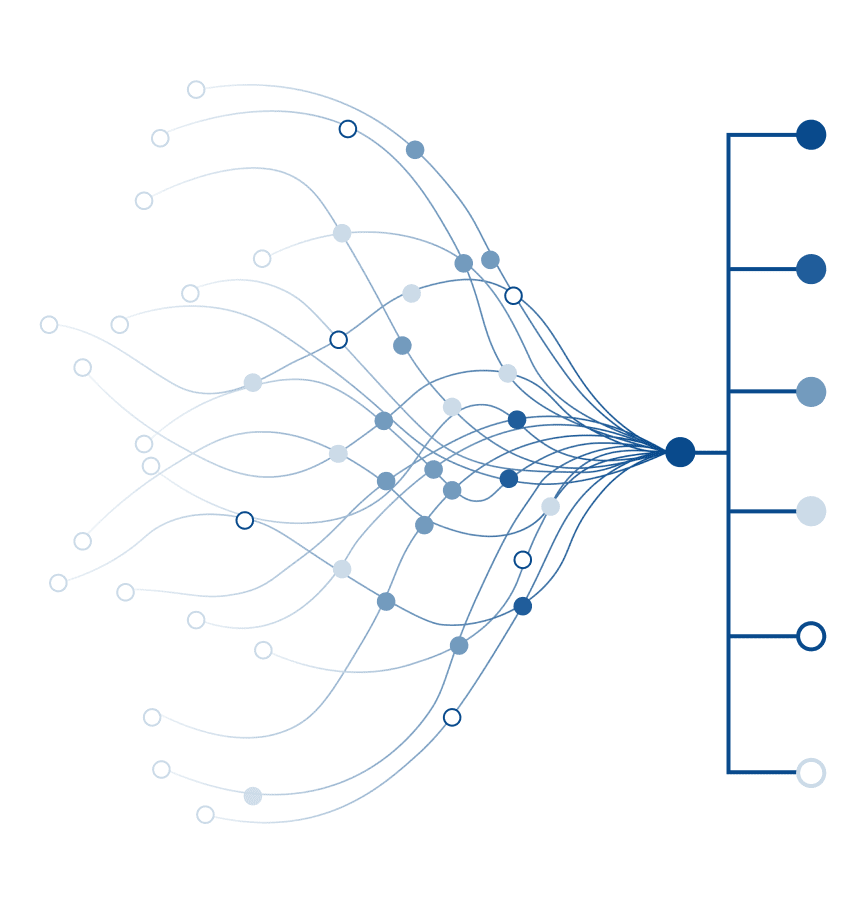
Key benefits of measurements of success and KPIs
Identify and measure meaningful key performance indicators.
Accurately baseline and monitor what matters most.
Use robust performance insights to guide key decisions.
What do I get?
- Measurements of success framework presentation(s)
- Data source log
- Measurements of success framework. This will detail what specific metrics, key performance indicators, and targets selected. Where applicable, it will also provide an overview of key sub-segments and/or dimensions
- Report and commentary templates
- Stakeholder map and reporting requirements
- Collaborative design and prioritisation workshop outputs
- Research log
Fees
Fees for the definition of a measurement of success framework and a set of KPIs start from £7,500 (exc. VAT).
Timeline
The minimum turnaround time for the development of a measurement of success framework is 4 weeks.
What our clients think
“Border Crossing UX’s diligence and patience in understanding and unpicking our business has been exemplary. Having such an honest relationship allowed us to address business challenges and meet our challenging objectives.”
“Border Crossing UX made the process stress-free. They asked important and sometimes difficult questions and really got to the point of what was required.”
“Border Crossing UX get right inside the mind-set of your clients and work with utter dedication to deliver the results your business needs.”
“From initial research through to final review their work puts the customer first and is always meticulous, well presented and followed up with ongoing care and expert advice.”
“We really value Border Crossing UX’s positivity and friendliness along with their ability to understand, capture, and deliver exactly what’s required.”
Want to work with us too?
Discuss your specific requirements with a user experience specialist.
How do you approach developing frameworks and KPIs?
Our user centred approach to defining measurements of success frameworks and KPIs ensures we:
1. Identify key inputs, constraints, and stakeholders
- Kick-off workshop
- Stakeholder mapping
- Project plan and schedule




2. Conduct secondary research
- Market research
- Business analysis
- Data analysis
3. Conduct primary research
- Stakeholder interviews
- C-level/Board interviews
- Collaborative design and prioritisation workshops




4. Generate and test
- Define framework and reporting requirements
- Refine metrics and key performance indicators
- Identify and test data sources
5. Launch and support
- Face to face presentations
- Reporting and commentary templates
- On-going support


Developing a measurements of success framework and defining the KPIs that matter most is guaranteed to help you establish a shared understanding of what truly matters.
Want to define your framework and KPIs?
Discuss your specific requirements with a user experience specialist.